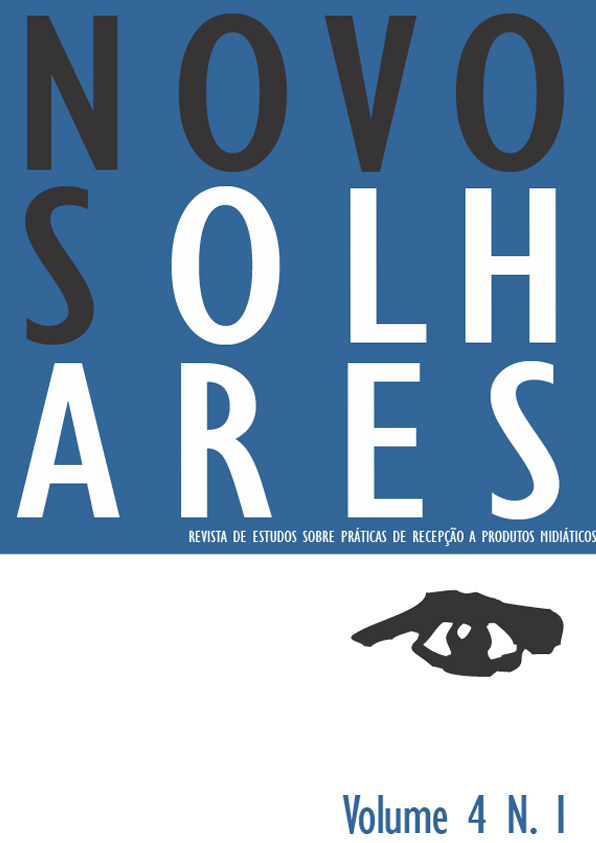Cinemas that speak Portuguese: the concept of national cinema, identity, and resistance
DOI:
https://doi.org/10.11606/issn.2238-7714.no.2015.102226Keywords:
National cinema, Identity, Mode of productionAbstract
This article presents issues surrounding the concept of national cinema
as a form of existence/resistance and articulates the spatial dimension that
limits the consumption of cultural objects, because they do not have free trade
capacity. National identities continue to press the cinema, participating in the
production of the representation that triggers inclusion or exclusion mechanisms
within a geographical area, reflecting on the cultural production and on the arts
by considering the observation of the immediate data from the embarrassments
and limitations of the reality thought and their real capacity to produce films.
The limitations are, for example, different training and expertise levels, as well as
unequal financing capacity and circulation capacity. These elements redound to
markedly different aesthetic products.
Downloads
Downloads
Published
Issue
Section
License
Proposta de Aviso de Direito Autoral Creative Commons
1. Proposta de Política para Periódicos de Acesso Livre
Autores que publicam nesta revista concordam com os seguintes termos:
- Autores mantém os direitos autorais e concedem à revista o direito de primeira publicação, com o trabalho simultaneamente licenciado sob a Licença Creative Commons Attribution CC Attribution-NonCommercial-NoDerivatives 4.0, que permite o compartilhamento do trabalho com reconhecimento da autoria e publicação inicial nesta revista.
- Autores têm autorização para assumir contratos adicionais separadamente, para distribuição não-exclusiva da versão do trabalho publicada nesta revista (ex.: publicar em repositório institucional ou como capítulo de livro), com reconhecimento de autoria e publicação inicial nesta revista.
- Autores têm permissão e são estimulados a publicar e distribuir seu trabalho online (ex.: em repositórios institucionais ou na sua página pessoal) a qualquer ponto antes ou durante o processo editorial, já que isso pode gerar alterações produtivas, bem como aumentar o impacto e a citação do trabalho publicado.



